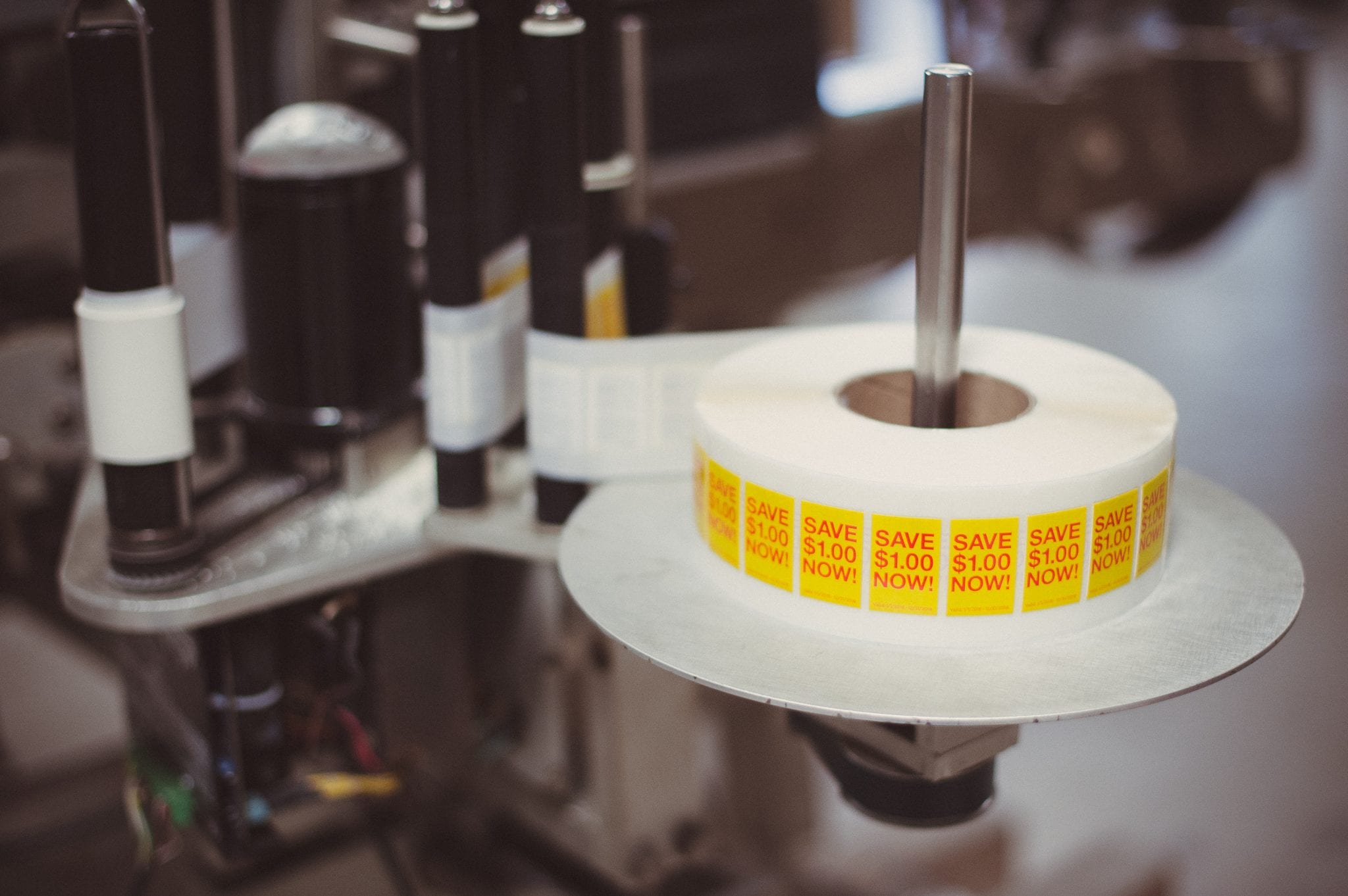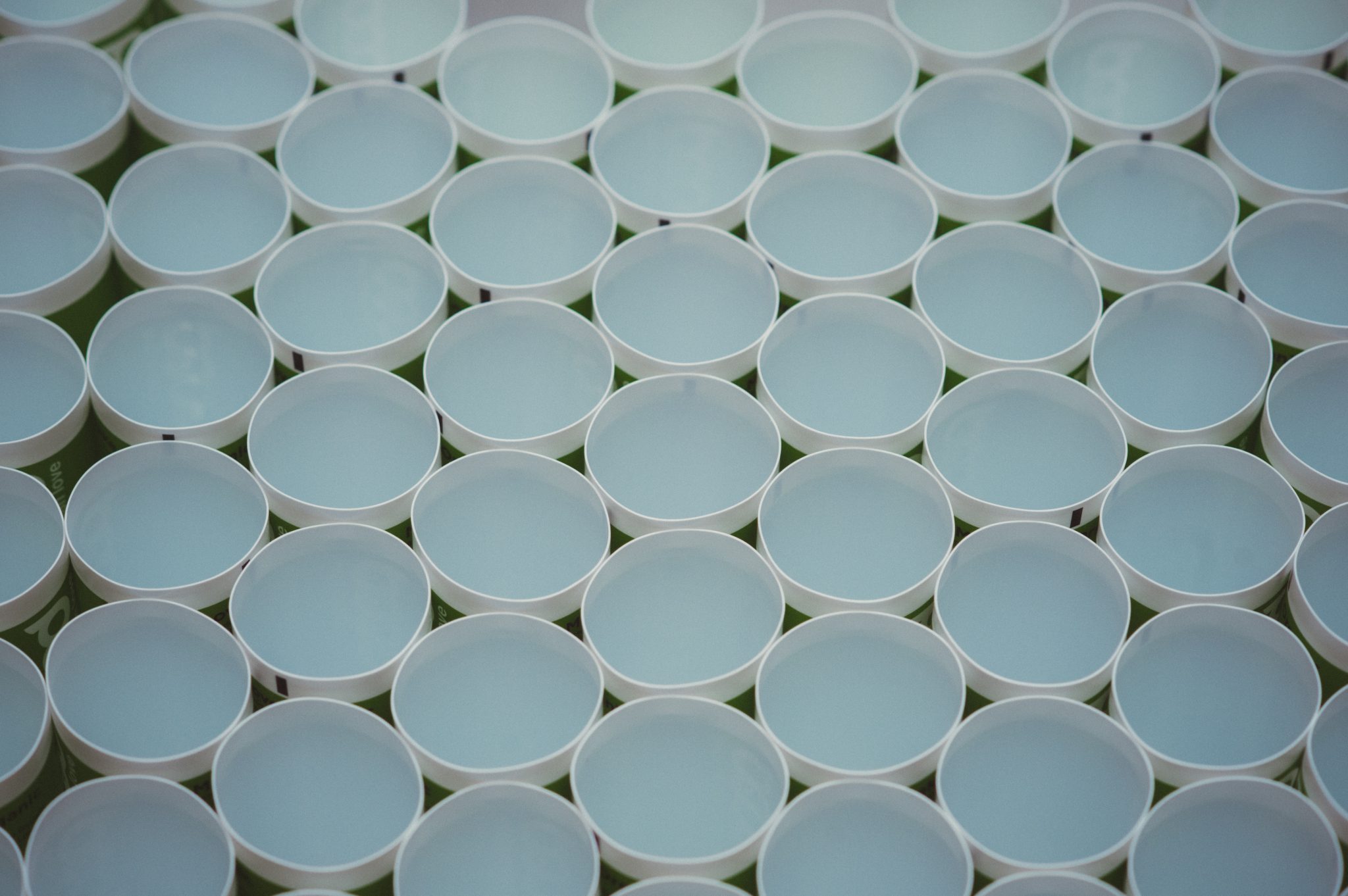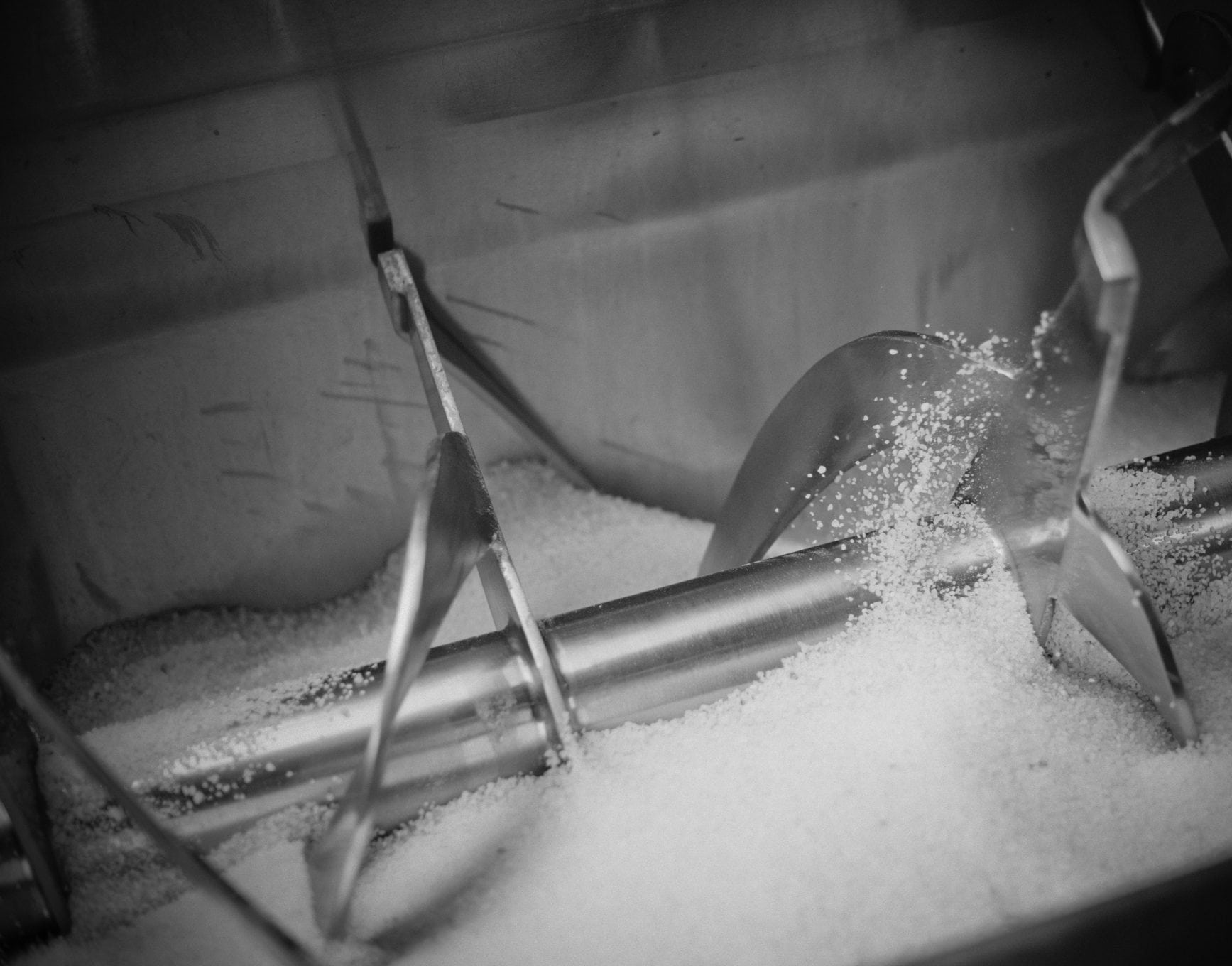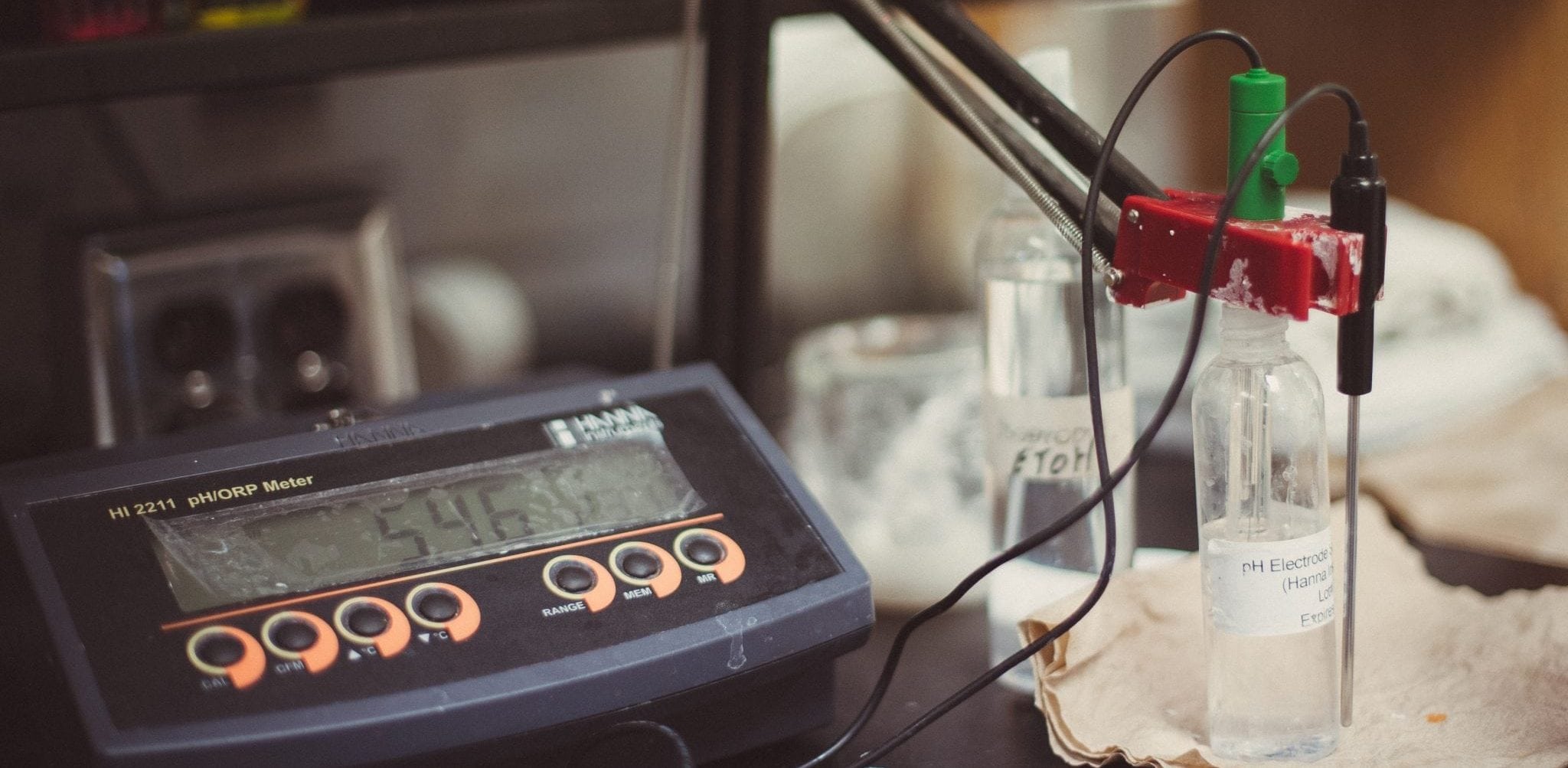Part 3: Sticky labels continued
Any manufacturer will tell you that scrap and rework make manufacturing vastly more expensive and time-consuming. The wrong label material makes rework and scrap likely, so you should keep reading to see what kinds of labels keep your jobs cost-effective.
You’ll read about the three properties your label media/material must have to keep scrap and rework minimal in this article. You will also read a little about our label testing, and we’ll provide you with a link to download our label specifications sheet for your reference.
Manufacturing Your Product’s Label
Before having your labels made, be certain they have the following three properties:
Semi-permanent Adhesive: A label backed with semi-permanent adhesive will prevent product scrap. Left behind residue from a bad label will cause us to scrap the product unit because a new label won’t apply correctly and it won’t look good either. With semi-permanent adhesive, a label will peel off your personal care product’s container without leaving any residue behind.
Plastic Material: A Labels work best when your label is made from plastic material. When your label is made of paper, it is more likely to tear or wrinkle when applied by an automatic labeling machine. Paper labels also make any rework much more difficult to complete. The plastic label will have a backing, and it is okay if the backing is paper, which is typical.
No Deep Die Cuts: A Die-cutters carve out the shape of your label design into the label’s plastic material when manufactured, like a cookie cutter. A die-cut is too deep when it has pierced past the plastic material and into the paper roll backing to which your labels are adhered. Often a deep die-cut will cause your roll of labels to rip in half during labeling, and production can continue only after the the label machine is reset, which can take several minutes. You can imagine how long production will take if this happens every third label.
Don’t order your labels before we’ve tested them at our facility. First, send your label manufacturer our label specifications sheet. Then have them produce a small roll of about 10 labels to have BPI Labs test. We will verify that the test labels are compatible with your product’s container and our automatic labeling machines.
Conclusion
BPI Labs has seen many customers dismayed with how poorly their labels performed in manufacturing, and we highly encourage our customers to benefit our learned lessons. Ordering labels made of the right material and testing your labels before purchasing them guarantees you will not lose money on scrap, rework, redesign, lost time, and repurchase of labels.
Our Blogs
Turnkey Personal Care Manufacturing Has Great Value
Introduction Turnkey manufacturing is an industry term that describes the ability for a customer to sign a purchase...
Your Minimum Order for Personal Care Products
What you will learn about MOQ's Most private label manufacturers have a minimum order quantity, typically abbreviated...
How You Get a Cosmetic Formula You’ll Love
We make custom cosmetic formulas Since our founding in 1995, formulating a personal care product that uniquely fits...



